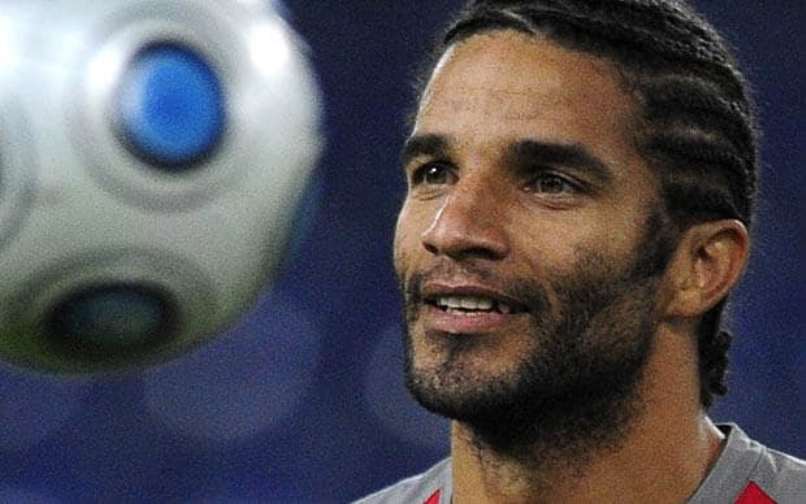When even international stars like former England goalkeeper David James are declared bankrupt it should make young footballers, suddenly flush with mind-boggling riches, sit up and take notice of the perils that lie ahead.
James, who won 53 caps for England and lifted the 2008 FA Cup with Portsmouth earning an estimated £20million (23.2m euros, $26m) during his career, is an example Peter Fairchild of London city firm Smith&Williamson likes to use.
He and his colleagues make presentations to young players about planning for their finances for the day they retire.
Fairchild told AFP that the clubs, beginning with Liverpool in 2012, had warmed to their ideas.
“We (the clubs said) want to grab their attention and shock the boys,” said Fairchild after AFP was given rare access to a session with second-tier side Queens Park Rangers at their training ground west of London.
“So for once they have to get off their mobile phones and social media and take note of what people are saying because there is a long term benefit for their lives and it affects them.
“‘Use some real life case studies’, they told us.
“Quite often the guys have their heroes on the screen and when they see them they go: ‘They are bankrupt? They can’t be’.
“To which I reply it is the case and please, please take heed. Don’t fall into the traps they did and seek advice so you get it right from the start.”
According to XPro, which helps players plan for their lives after they hang up their boots, two in five footballers go bankrupt within five years of retirement.
“It is a great shock when you see the big names like David James,” Under-23 central defender Alex Finney told AFP.
“I mean they were the top 1 percent of people who made it in football, it is a scary thought that people like them can have nothing at the end of it.
“It is an eye-opener for the boys in that it warns you be ready for what life can hold for you.”
– ‘Wrong advice, wrong people’ –
Fairchild says the presentations are free.
“In dealing with experienced clients and established players we found too often despite their sizeable earnings their financial affairs were not in the apple pie order you necessarily might think.
“When we dug under the surface we found a whole host of reasons: Wrong advice, wrong people involved with the wrong motivation for dealing with players.”
Finney, whose path took him from Leyton Orient to Bolton and then QPR with whom he has agreed a new one year contract, concurs.
“I am quite an open minded person and I understand everyone wants to make money off the back of others and not a lot of people want to make it off themselves,” said Finney, whose mother is an accountant and looks after his tax affairs.
“People have tried to approach me. I know people who have been approached by a ‘salesman’ with a great pitch and lost money. You have to have your eyes open the whole time.”
Fairchild can recite any number of horror stories from the sport, although they are not all doom and gloom.
There was a member of Manchester United’s treble winning squad in 1999 who lost a fortune through gambling and not paying taxes — he excuses it by saying he was the pauper of the squad at £60,000 ($78,000, 70,000 euros) a week.
On the other side, there is a recently-retired former England international who during his playing career built up an impressive property portfolio.
For Finney it is crucial to have someone reliable, with the expertise to manage whatever assets he might earn in the future.
“I asked the investment management expert (Michael Saunders) what his background was — not out of a lack of respect — because I don’t want to trust someone with my money if they don’t have a background in managing other people’s money and lack the understanding of the service I want.”
However, this (session) was useful as they are a third party, an independent voice neither involved in the football side or the politics.” – Agence France-Presse



































